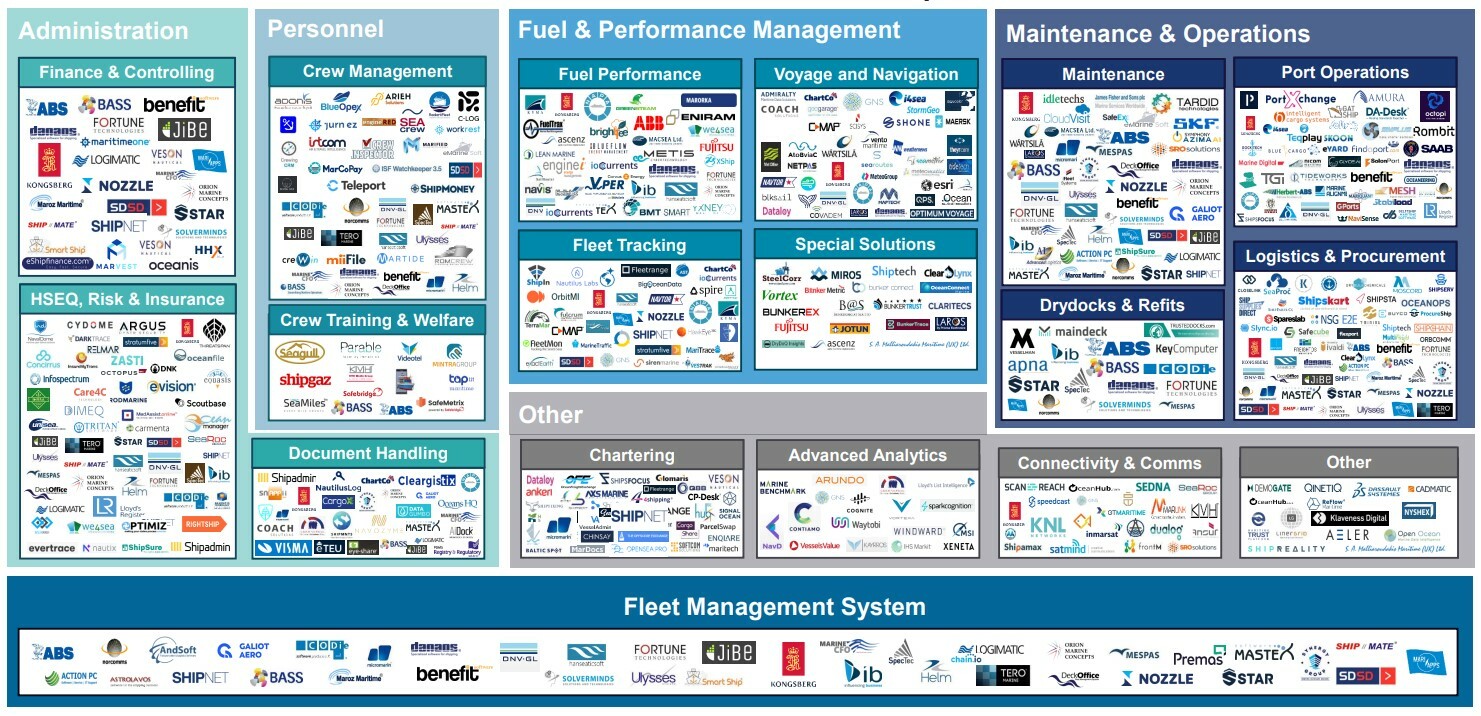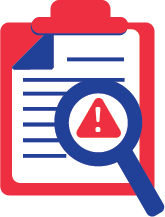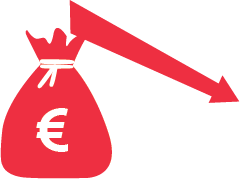Marine Digital on maritime software landscape
There are currently scores of 550 apps available from a different software vendors in various categories such as vessel performance monitoring, voyage management and optimisation, navigation, cargo & vessel tracking, port operations and logistics
A new software evaluation toolkit is being launched for free use across the shipping industry. The toolkit is designed enable shipowners and managers to make better informed decisions on digital solutions necessary to achieve fleetwide decarbonisation.
The toolkit, named SET Maritime, is vendor-neutral and has been developed by US-based software-as-a-service provider OrbitMI for the sole purpose of simplifying the software selection process as the industry seeks to navigate the vast landscape of digital solutions.
There are currently scores of applications available from a total of more than 550 different software vendors in various categories such as vessel performance monitoring, voyage management and optimisation, navigation, cargo & vessel tracking, port operations, logistics and procurement.
The maritime technology market has exploded in recent years to meet increasing industry demand for such software that is intended to support better decision-making in areas like voyage routing and fuel consumption to drive lower emissions in line with new regulations, as well as cost savings.
The toolkit, named SET Maritime, is vendor-neutral and has been developed by US-based software-as-a-service provider OrbitMI for the sole purpose of simplifying the software selection process as the industry seeks to navigate the vast landscape of digital solutions.
There are currently scores of applications available from a total of more than 550 different software vendors in various categories such as vessel performance monitoring, voyage management and optimisation, navigation, cargo & vessel tracking, port operations, logistics and procurement.
The maritime technology market has exploded in recent years to meet increasing industry demand for such software that is intended to support better decision-making in areas like voyage routing and fuel consumption to drive lower emissions in line with new regulations, as well as cost savings.
It is estimated that, aside from new fuel technologies, digitalisation of the existing fleet will account for around half of efficiency gains needed for decarbonisation of shipping to meet the IMO's goal for at least a 50 per cent reduction in CO2 emissions by 2050 compared with the 2008 level.
"Digital solutions are vital to meet the environmental challenge and regulatory pressure is compelling companies to be more data-driven in their culture and organisation," says OrbitMI chief executive Ali Riaz.
"But one obstacle for the industry has been the lack of suitable user-defined benchmarking criteria to assess the bewildering array of applications available.
"Consequently, there has been little understanding of how to evaluate different applications so the whole business of software selection has been poorly informed, which has proven a big barrier to adoption."
"Digital solutions are vital to meet the environmental challenge and regulatory pressure is compelling companies to be more data-driven in their culture and organisation," says OrbitMI chief executive Ali Riaz.
"But one obstacle for the industry has been the lack of suitable user-defined benchmarking criteria to assess the bewildering array of applications available.
"Consequently, there has been little understanding of how to evaluate different applications so the whole business of software selection has been poorly informed, which has proven a big barrier to adoption."
User-defined benchmarking
SET Maritime serves as a structured toolkit with a range of criteria to evaluate software vendors in various categories including company profile, solution architecture, usage and extendibility, reports, dashboards and visibility, pre- and post-fixture features, and voyage management and operations.
Presented in an easy-to-use workbook format, the freely downloadable and customisable open-source toolkit allows software vendors to be ranked by the user according to their scores in each category.
In each category, users assign rankings on a scale of 1-4 with the following meaning:
1 – Vendor does not offer this feature at all.
2 – Vendor does not offer this feature but there is a workaround.
3 – Vendor offers this feature and it requires manual intervention to execute.
4 – Vendor offers this feature and it is integrated or automated.
Once all sheets are completed, SET Maritime generates a simple chart to visualise scores for easy comparison.
The toolkit is designed to be shared across different company departments for specialist evaluation in each category to contribute to the selection process.
"This is a toolkit to help the shipowner decide and is designed to greatly simplify the software selection process in support of wider implementation of digitalisation across shipping for future compliance with a greener regime," Riaz says.
Presented in an easy-to-use workbook format, the freely downloadable and customisable open-source toolkit allows software vendors to be ranked by the user according to their scores in each category.
In each category, users assign rankings on a scale of 1-4 with the following meaning:
1 – Vendor does not offer this feature at all.
2 – Vendor does not offer this feature but there is a workaround.
3 – Vendor offers this feature and it requires manual intervention to execute.
4 – Vendor offers this feature and it is integrated or automated.
Once all sheets are completed, SET Maritime generates a simple chart to visualise scores for easy comparison.
The toolkit is designed to be shared across different company departments for specialist evaluation in each category to contribute to the selection process.
"This is a toolkit to help the shipowner decide and is designed to greatly simplify the software selection process in support of wider implementation of digitalisation across shipping for future compliance with a greener regime," Riaz says.
Vendor ranking
Sharing data from interconnected digital systems will become increasingly necessary in future for regulatory reporting on emissions and other areas – and there will be a heavy cost for non-compliance, he says.
Pollutive ships could face stiff financial penalties, as well as possible detentions, if as is likely the EU's Emissions Trading System is implemented for the maritime industry from 2023, while leading shipping associations are calling for a global levy on ship emissions, according to Riaz.
Another compelling commercial driver for increased adoption of software solutions is that these can deliver significant savings in areas like fuel efficiency, voyage planning and preventive maintenance through big data technologies such as AI-driven machine learning, he says.
"Making software selection decisions based on the right set of criteria is essential to deliver these productivity gains and a return on the company's digital investment," he adds.
Pollutive ships could face stiff financial penalties, as well as possible detentions, if as is likely the EU's Emissions Trading System is implemented for the maritime industry from 2023, while leading shipping associations are calling for a global levy on ship emissions, according to Riaz.
Another compelling commercial driver for increased adoption of software solutions is that these can deliver significant savings in areas like fuel efficiency, voyage planning and preventive maintenance through big data technologies such as AI-driven machine learning, he says.
"Making software selection decisions based on the right set of criteria is essential to deliver these productivity gains and a return on the company's digital investment," he adds.
Commercial driver

Marine Digital started its way as a port call automation company, that's why we were assigned to the port operation section.
Nowadays we are focused on fleet operations energy efficiency and decision support. We apply machine learning algorithms to calculate and forecast carbon foot print of the fleet or cargo units and evaluate the carbon efficiency of the operations. Our solution works within the following frameworks of efficiency analysis:
The IMO of the vessel is necessary for the algorithm to give you a lot of fleet insights. We are glad to give free trial access for one of your vessels to test the solution and understand your voyage specifics in detail. Just write to us at hello@marine-digital.com
Nowadays we are focused on fleet operations energy efficiency and decision support. We apply machine learning algorithms to calculate and forecast carbon foot print of the fleet or cargo units and evaluate the carbon efficiency of the operations. Our solution works within the following frameworks of efficiency analysis:
The IMO of the vessel is necessary for the algorithm to give you a lot of fleet insights. We are glad to give free trial access for one of your vessels to test the solution and understand your voyage specifics in detail. Just write to us at hello@marine-digital.com

TOP 5 factors contributing to lower fuel costs for Shipping companies
Get a presentation with a full description of the features and free pilot project with trial of Marine Digital FOS for 2 months
"Clicking the button, you consent to the processing of personal data and agree to the privacy policy"

Get an overview "The Pathway to Zero Carbon Shipping:
IMO Compliance and CII Optimization through SEEMP" on email and download it for FREE! Leave your email now!
"Clicking the button, you consent to the processing of personal data and agree to the privacy policy, as well as consent to subscribe to the newsletter. "
Аdvantage of Fuel Optimization System from Marine Digital:

Marine Digital FOS can be integrated with other system and third-party's solutions through the API. To implement vessel performance monitoring for any vessel, we are using mathematical algorithms, machine learning and the same equipment as in FOS. The more data we collect from vessels, the more precise reports and recommendations our system will perform according to your individual requirements in fleet management.
If you have any questions about the solutions and the Marine Digital System platform, write to us, we will be happy to answer
If you have any questions about the solutions and the Marine Digital System platform, write to us, we will be happy to answer

Increased business process speed

Reducing to zero the number of errors

Best offer to the clients

Reduction in operating expenses
Have a questions?





